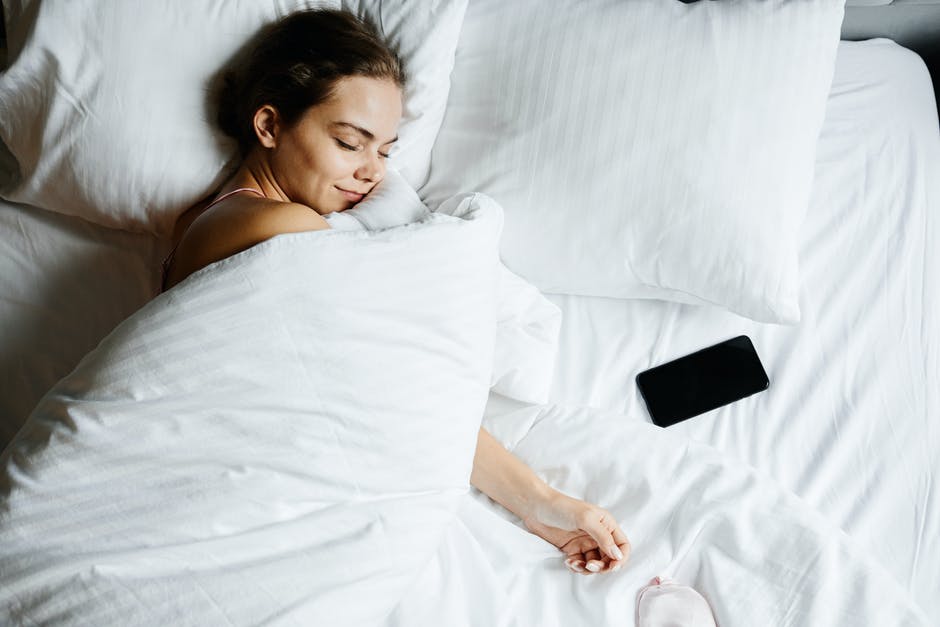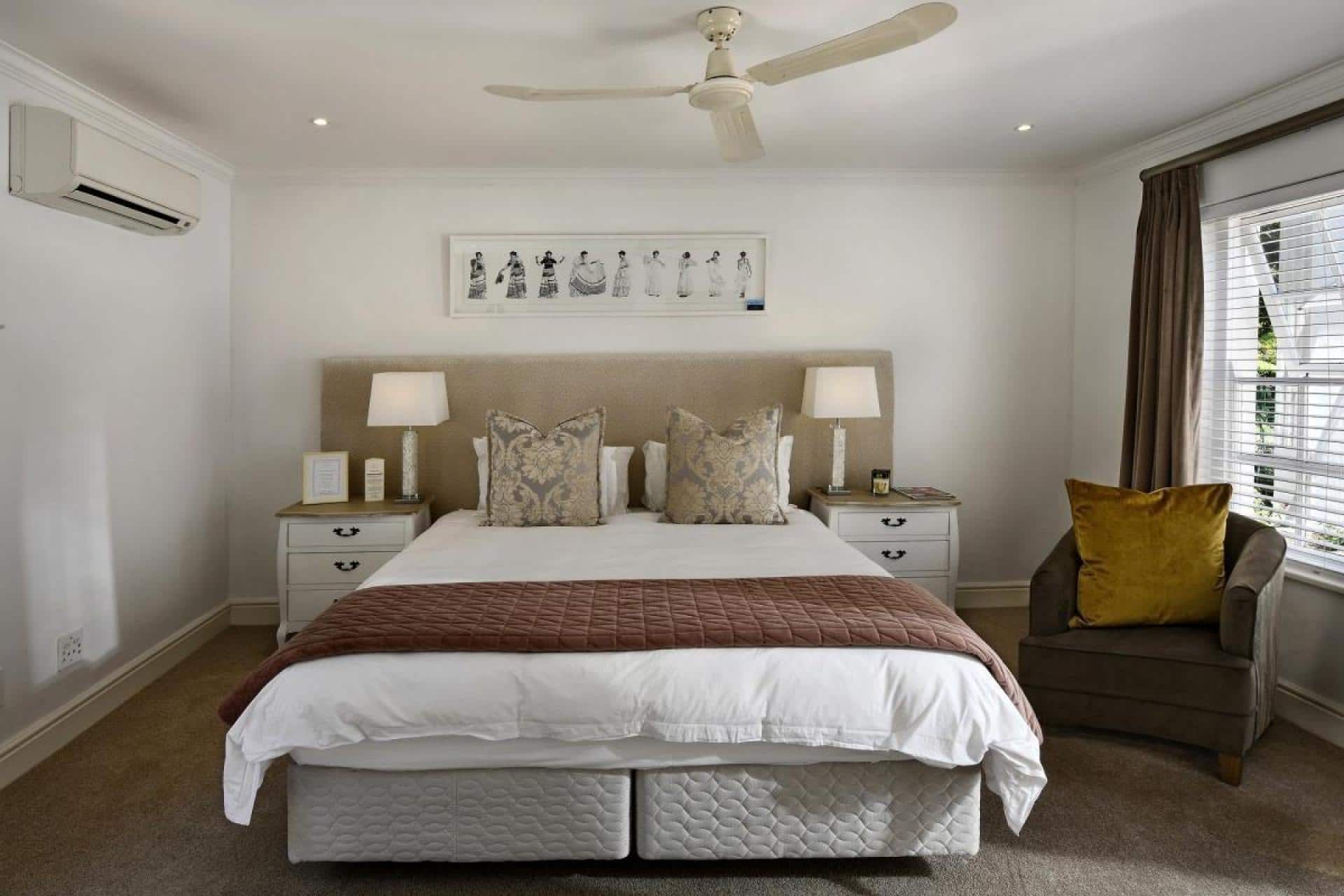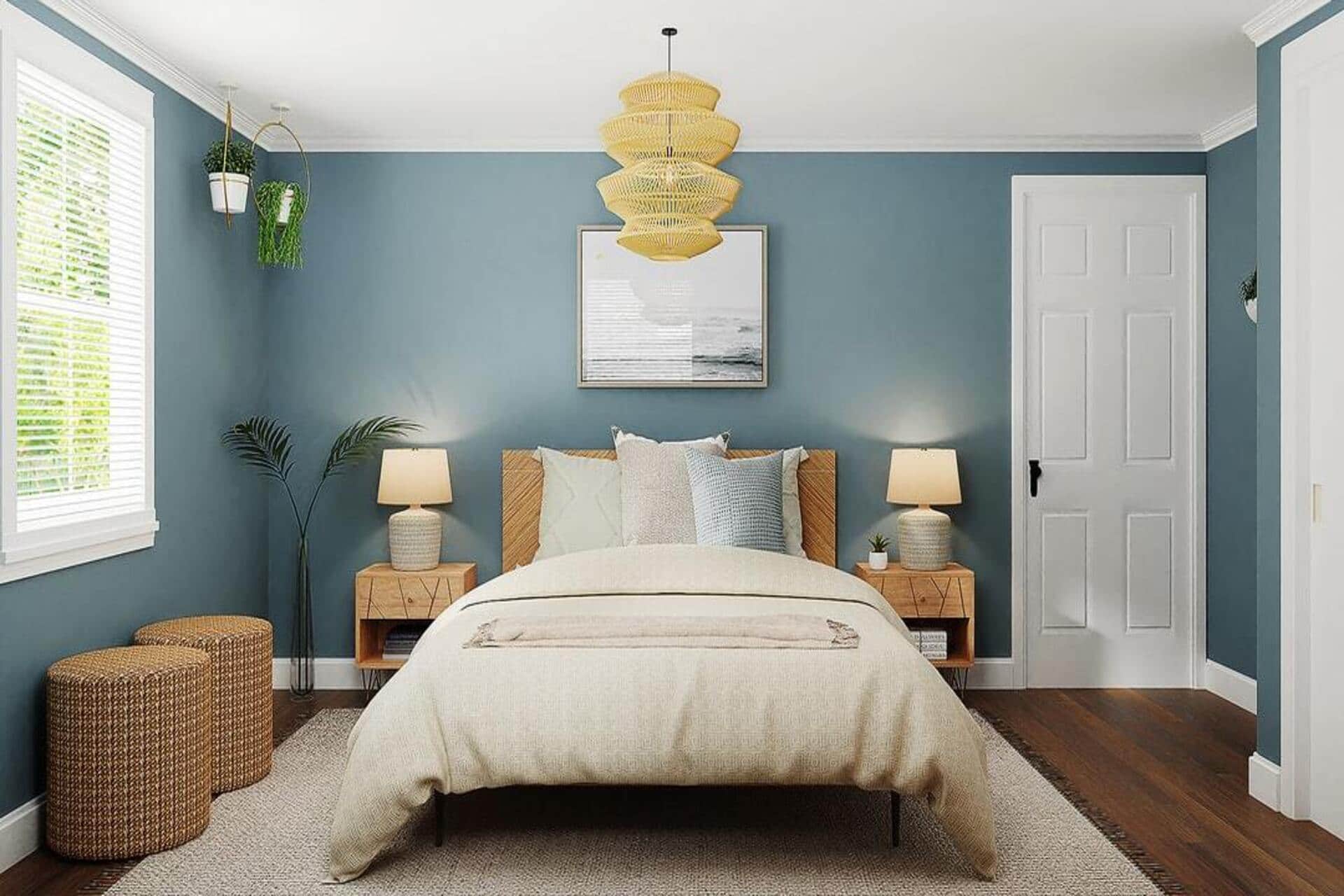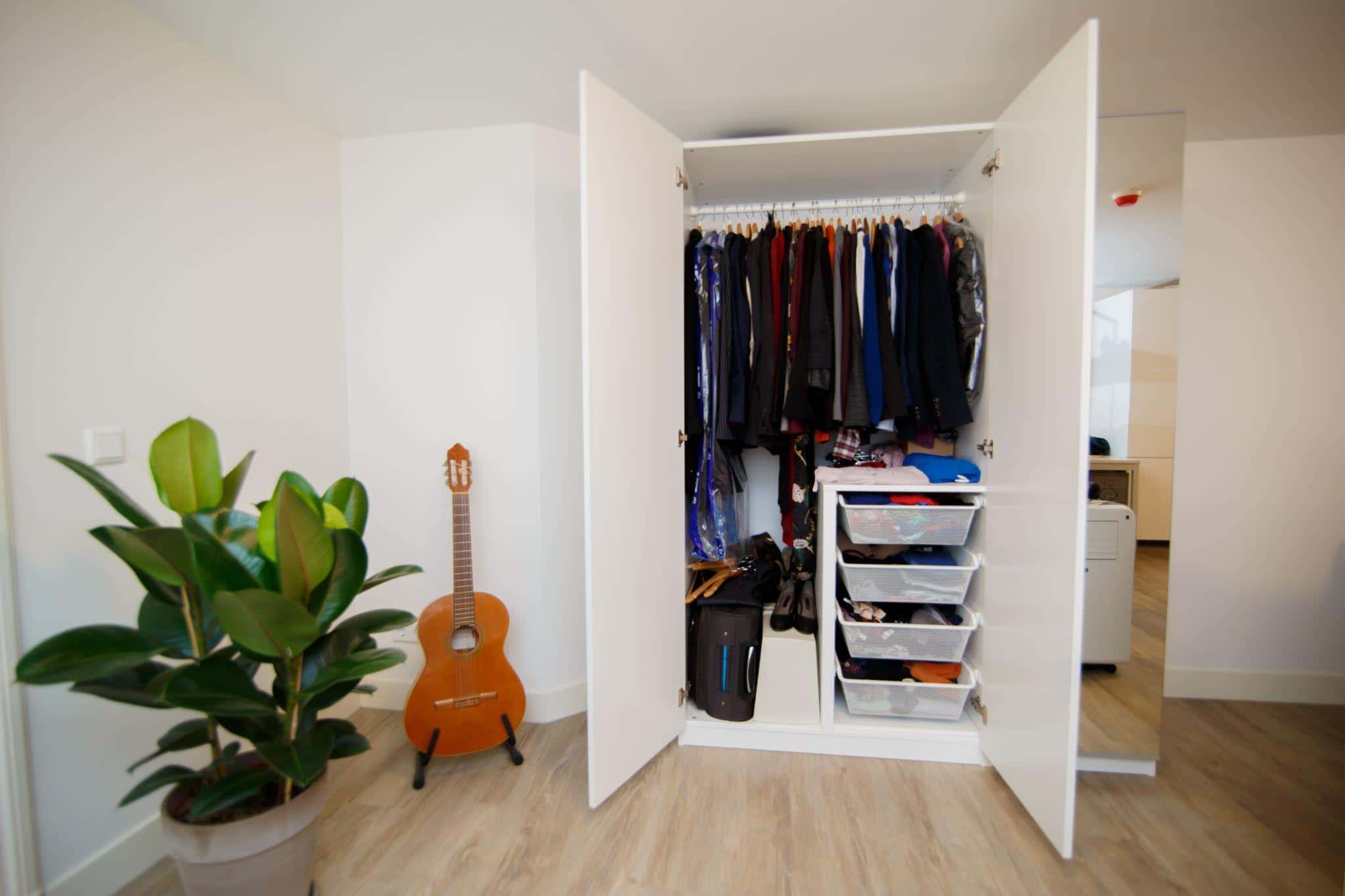Sleep disruption is a pervasive global issue and is believed to affect one in three persons worldwide. The Centers for Disease Control and Prevention (CDC) has, in fact, declared insufficient sleep as a public health epidemic, which an estimated 70 million Americans are believed to be suffering from.
There are many reasons for sleep deprivation, ranging from serious health concerns to stress, insomnia, caffeine, medications, and other issues. Sometimes, the problem can be caused by an uncomfortable bedroom.
So, what can you do to achieve a well-deserved shuteye? Here are some useful tips:
Check Your Beddings and Pillows
The comfort you get from your choice of mattress and pillows impacts the quality of your sleep. A mattress that has the ability to ease pressure on your body promotes better sleep quality, but it still depends on your personal preference and sleeping position. If you’re a side sleeper, consider sleeping with a pillow between your legs. If you’re struggling to doze off and often wake up with back problems, check whether it’s time to buy a new mattress.
Tidy up Regularly
A dirty bedroom can also contribute to your sleep challenges. Clean your room regularly to encourage your body to get comfortable and doze-off faster. If you’re running out of space, consider getting ottoman beds to increase storage space.
Avoid too much Light
Too much light can hamper a good night’s sleep as it disrupts your body’s circadian rhythm, which regulates the sleep-wake cycle. Blackout curtains or blinds can block out the light from the outside, keeping your bedroom dark all night long. Also, keep blue-light emitting devices, such as televisions, computers, cellphones, and others, away from you.
Keep the Room Temperature Low
There’s another reason to keep your room cold. Apparently, a cold room temperature of 65 degrees Fahrenheit (+18 Celsius) promotes melanin production and helps speed up the sleeping process.
Eat Early
Prepare your body for a good night’s sleep even hours before hitting the bed. Don’t take alcohol, chocolate, caffeine, and nicotine two to three hours before dozing off. Apart from experiencing indigestion, caffeine can also keep you up all night. Additionally, liquid consumption shortly before sleeping can wake you up as you’d need to use the toilet.
Minimize Allergy Attacks
If a congested or runny nose, watery eyes, or sneezing keeps you up all night, fight back by cleaning up and placing indoor plants. The latter may help filter indoor air pollutants and release clean air, allowing you to reduce the instances of allergy attacks. You may also look into organic bedding and pillows to take care of your health.
Stick to a Schedule
Train your body to sleep and wake up at specific times. To manage your body’s circadian rhythm, stick to a strict sleep-wake schedule daily. Maintain this schedule even during the weekends and when on vacation, even if it’s too tempting to stay up late and party all night.
Increase Sunlight Exposure
Daily exposure to sunlight not only fulfills your need for vitamin D but can also help your body clock adjust properly, as well as promote cortisol production by warming up the body. Sunlight is also said to promote serotonin production, another sleep-regulating hormone.
Exercise
Working out early morning and afternoon could help correct your circadian rhythm, too. Vigorous physical activities not only tire you out but can also increase your body temperature and trigger sleepiness once your body temperature returns to normal.
Create a Separate Workspace
In order to maintain a work-life balance, separate your workspace from your bedroom. Don’t do anything else related to work while you’re in your bedroom. Make sure your bed is only made for sleeping.
If your sleep problems are triggered by stress, consider the bonus tip below.
Practice Meditation
This practice aims to teach your body to relax. Meditation promotes deep sleep by achieving these functions: increases the sleep hormones called melatonin and serotonin and reduces heart rate and blood pressure.
The Bottom Line
A high-quality shut-eye can be achieved by creating a ‘Zen’ room or one that promotes ultimate relaxation and comfort. One of the ways to make yourself comfortable is to get rid of stress, which is a common culprit for sleep disturbances. If you’re suffering from a sleep disorder or a serious health problem, it’s best to consult with your healthcare provider.









